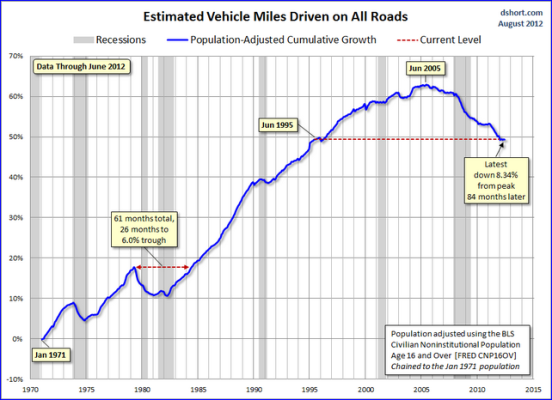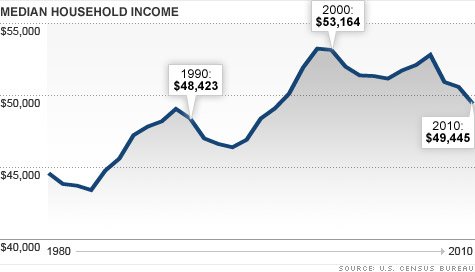Midpack
Give me a museum and I'll fill it. (Picasso) Give me a forum ...
It would create jobs and that's good, but we should not (re)build infrastructure just to create jobs. I may get blasted for this, but while our infrastructure certainly needs attention, will (expanding) infrastructure be as important in the future? With more and more products & services being transacted remotely, the need may not be as important as it was 50 years ago.Seems to me, if we got serious about rebuilding our infrastructure, that would create a lot of middle class jobs for years to come, and then there is always the next big thing.
And while I support rebuilding our infrastructure intelligently, it seems the best way for a variety of reasons might be through 'infrastructure banks' where funding (and priorities) are shared between private and public funds. Our politicians have a habit of building in their states/districts often without regard for what's really needed most. I would think having private investment would prevent 'bridges to nowhere' and the like...
Last edited:


